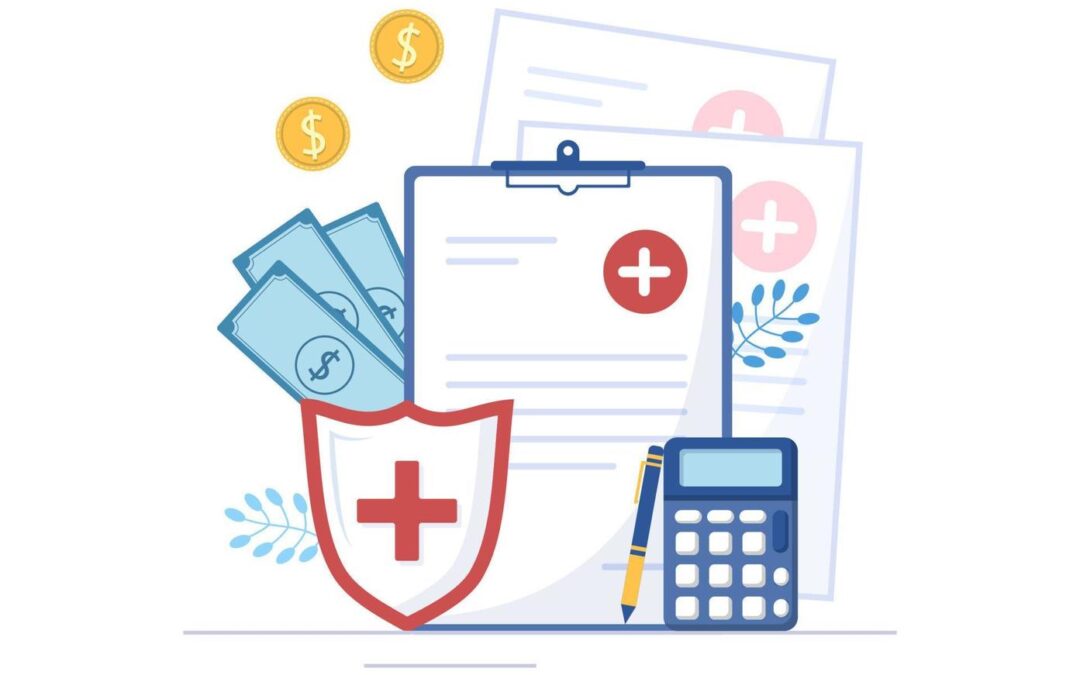In recent years the conversation surrounding addiction treatment has gained traction. This increased awareness creates a growing demand for effective and accessible care. That care includes sober livings. These facilities are a vital part of supporting people in their recovery journey. They are a needed place for those transitioning from homelessness or unsupportive environments. However, understanding insurance billing and if your business is even eligible takes time. So let’s explore how sober livings bill insurance companies.
Step one is understanding insurance coverage. It’s important to understand the basics of insurance and what it means for your recovery home. Many insurance plans vary in terms of the services they cover and the criteria for reimbursement. One win was that the Affordable Care Act required insurance companies to provide coverage for substance use disorder treatment. The downside to that is there weren’t specifics on what services insurance should cover. Typically, what we see is that intensive in and out patient programs get coverage. Some providers even support medication assisted treatment. Unfortunately, sober livings rarely fall under the umbrella of covered care.
But never fear! There are work arounds out there to help provide you with a way to bill insurance companies. It begins with accurate documentation. Sober livings must maintain detailed records of services provided to residents. This includes any assessments, surveys, or improvement plans. It can also mean keeping track of progress through notes in the client’s file and detailed discharge summaries. Often continuing to support alumni and gather information on their success helps. All of this documentation serves as evidence that your business is a medical necessity. When you provide a paper trail showing the success of those who attend your program versus those who didn’t, you gain credibility.
Being in compliance with HIPAA and your state NARR organization are also a plus. Insurance companies are willing to take you seriously. All you have to do is operate at the highest standard that a sober living can achieve. You can become HIPAA compliant by taking a short quiz on their site and using a compliant software like One Step to store your data. NARR organizations also have great standards to ensure that you’re prepared for any emergency. They also help make sure the policies you have in place are professional and benefit your staff and residents.
One way many sober livings bill insurance companies is by offering case management services. From one on one sessions to treatment plans, many of these things you already do. Even group sessions can count toward the services that are billable. A little research into certification for case managers or peer specialists can go a long way. It can vary for each state so be sure to include that while you’re looking.
Finally, if all else fails reach out to treatment centers in your area. While you may not bill insurance companies directly, they can. If the recovery center that you’re working with doesn’t have a residential program you may be in luck. Often they’ll reserve beds in your home or pay for their out patient participants to live there. Even if you aren’t ready to make the leap yourself to start billing insurance companies, you can work with a center that does.
Want to learn more about using a HIPAA compliant software like One Step to start your journey? Reach out to info@onestepsoftware.com

